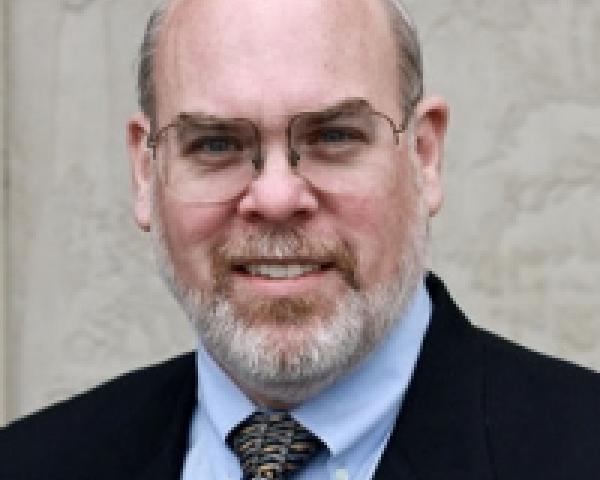What will the world look like in 2030? As the world becomes increasingly connected, will technology free the human race and solve the age-old problems of the world? Or will it lead to chaos and misery? Utopia or dystopia – what’s it gonna be? This may seem like just philosophical prognostication – and it is – but it turns out that there are huge implications for the insurance industry that should be considered. Let’s look at the best-case and worst-case scenarios that could result from a world where all things – living and non-living – are instrumented, monitored, analyzed and automated.
Utopian View
Utopian novels always seem to have an important element of technology progress to enable a better world (although they also tend to have political dimensions, as well). Assessing the current state of technology and the potential advancements of various emerging technologies with optimism yields a future that may have the following characteristics – or the utopian view:
- Live long and prosper: Many emerging technologies promise to improve our health, extend our lifespans and generally make the world a safer place. Biotech, genetics the IoT, autonomous vehicles, 3D printing, wearables and other technologies will all contribute.
- The efficiency machine: AI and smart machines will allow the world to run itself. With intelligent automation, there will be no errors, no delays and no accidents.
- Leisure time galore: Autonomous vehicles, Hyperloop transportation, robotics, and smart homes will free people from having to work, spend time traveling and do mundane daily tasks. People will be free to think, create, play and spend time with others.
- A global village: Emerging technologies will be shared for the good of humanity, solving hunger, poverty and disease, while reducing conflict. Smart agriculture, new transportation systems, advancements in renewable energy, new medical tech and other advances will pave the way to a happy, connected world.
- Entertainment bonanza: Individuals will have amazing options for entertainment, including virtual reality explorations of real and imagined worlds and digital content galore. A new renaissance will be unleashed as new leisure time will be coupled with digital capabilities that allow everyone to be an artist and creator.
Humanity has a way of messing things up. Every new societal and technology advancement seems to bring new problems. There is little doubt that emerging technologies will transform our world substantially by 2030, but it is possible that the misuse and abuse of those technologies will lead to disaster, looking something like the following – or the dystopian view:
- Surveillance state: Every aspect of our lives will be monitored, and there will be virtually no personal privacy (okay, some would argue we are there already). The machines around us will constantly be watching and recording everything happening on the planet while sending it all to the government’s big data complexes for analysis.
- Cyber nightmare: The connected digital world enables criminals, terrorists and evil empires to steal, threaten, influence and cause real damage to individuals, businesses and governments. Bad actors are extremely sophisticated in manipulating technologies like AI, big data and the IoT for nefarious purposes.
- Machines run amok: Despite the best efforts of the designers and operators of intelligent machines, some will go haywire and inflict serious damage. Others will be able to think and create, leading to domination by the machines (the Terminator scenario).
- Bio-disasters: How many science fiction movies have we all seen where viruses sweep through the world like the plague? As we push the frontiers of genetics, biotechnology, bioprinting and others, there will be an increased potential for human-caused bio-disasters.
- A jobless future: Leisure time sounds great with all the boring tasks taken over by machines. But it could lead to massive unemployment, which would exacerbate poverty and income equality and result in revolution and anarchy.
In the most extreme dystopia, we could consider end of world (EOW) scenarios – popular in science fiction today, but we won’t go there in this blog.
Insurance Implications
Both of the worlds painted here – a wonderful utopia and a tragic dystopia – are extreme. The most likely future will have some elements of both the utopian and dystopian views. We are already on a path toward many of these conditions – both good and bad.
Does it make any difference for the insurance industry? You bet!
On one hand, the insurance industry exists to help manage bad scenarios, even the types described in the dystopian view. On the other hand, the industry could play a central role in the utopian view, helping to make the world a better, safer, more enjoyable place to live. While these possibilities may seem far off or far out, the early stages of many are already underway.
See also: A New World Full of Opportunity
Insurance strategists would be wise to consider all of these possible future conditions via scenario-planning exercises. Various combinations of these situations would result in dramatically different implications for the industry. Identifying those implications that show up as likely in most or all scenarios is a good place to start. These scenarios have such massive implications for insurance that it is important to start considering them now. Because 2030 will be here before we know it.






